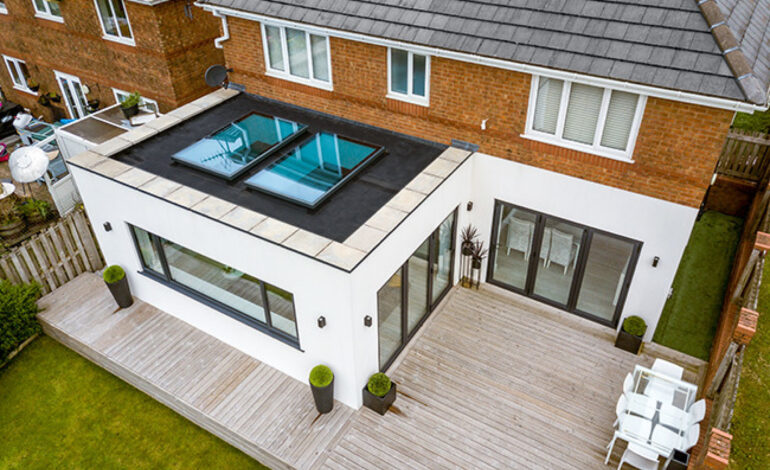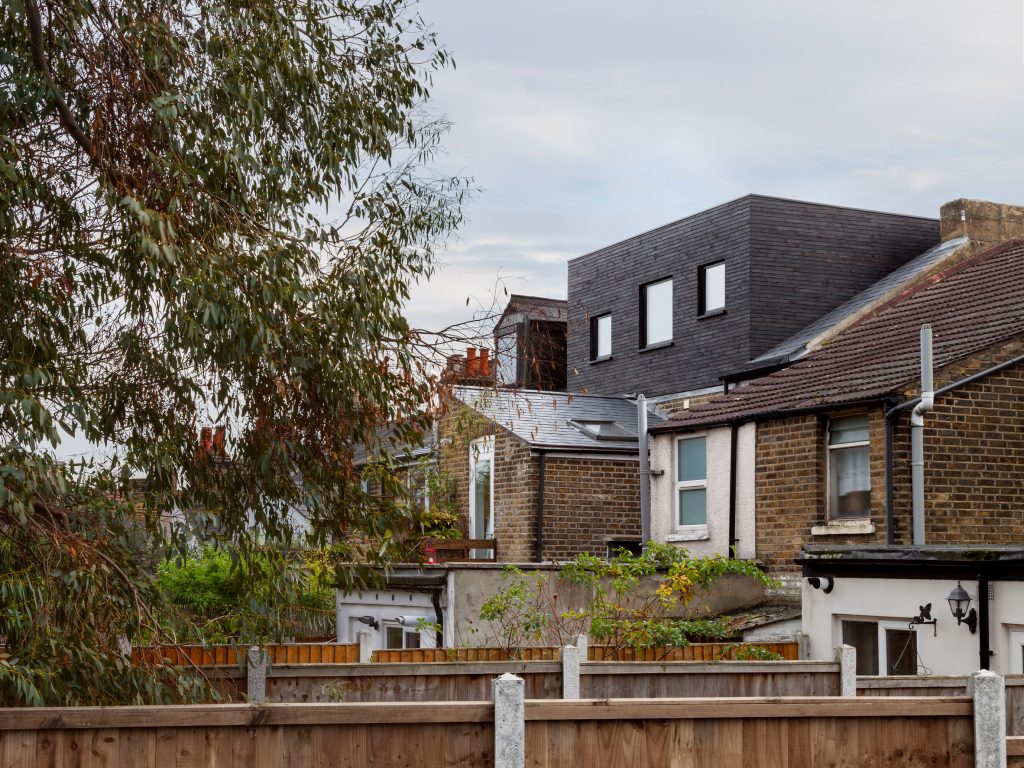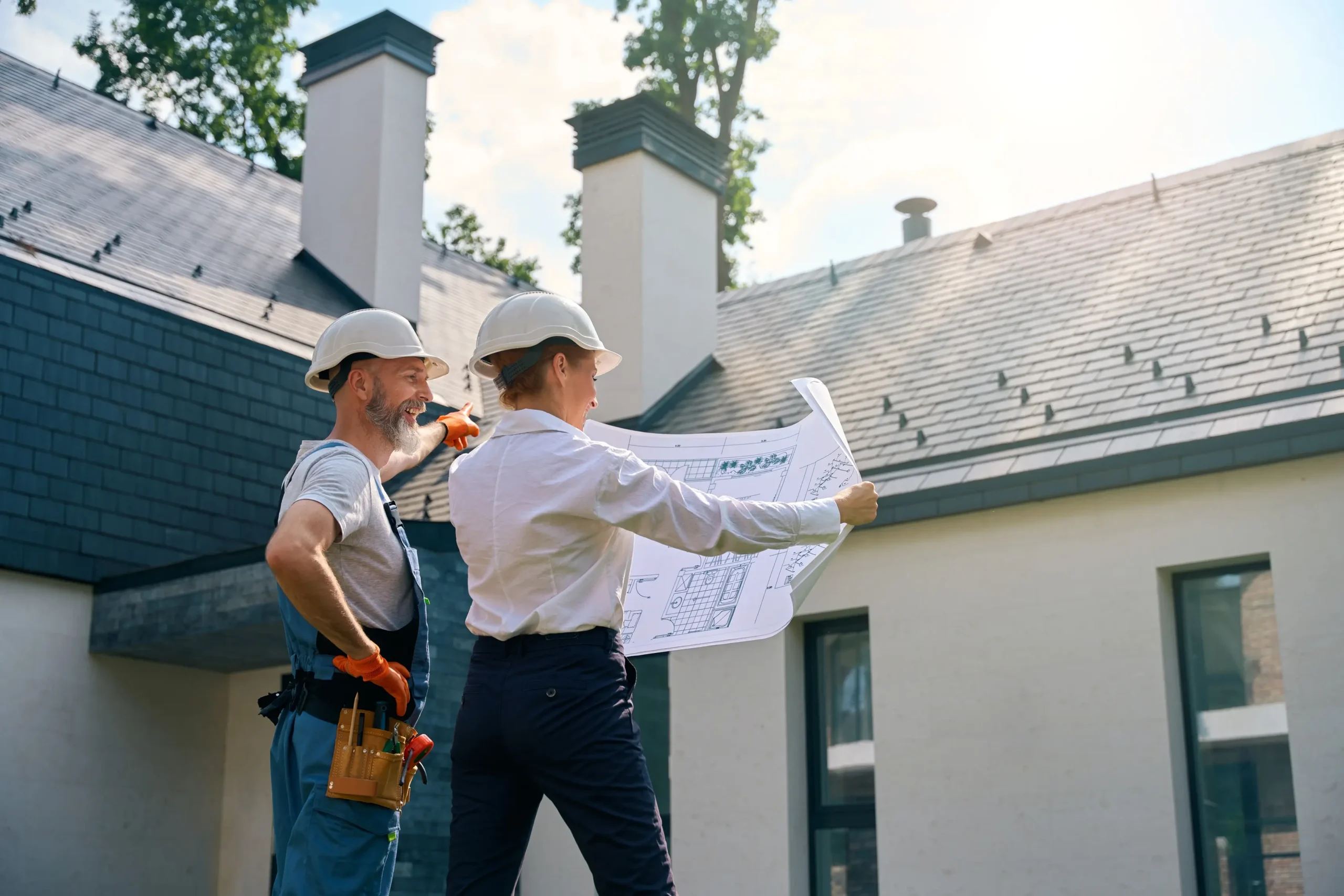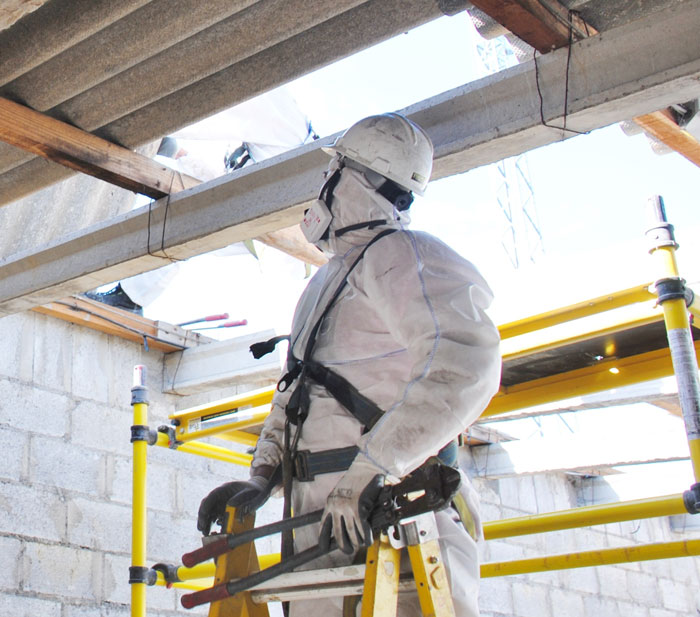8 Essential Rules for Extending A Home

8 Essential Rules for Extending A Home

If you are thinking about extending your home to gain extra space, there are a number of factors you will have to take into consideration to make sure your project is a success. Although extending is a fabulous way to get more space to accommodate a young family and is usually cheaper than moving, it is not always the best option.
1. Does it make sense?
In some cases, an extension will actually spoil a property by overdeveloping. In this situation, it is better to move. However, if an extension will improve a home by adding space and value then it does make sense to extend rather than move.
You will need to list what you hope to achieve in the new space so your architect knows your goals rather than thinking of the extension as a simple additional room.
2. Choose your materials carefully
At times it is clear which materials you should use so the extension matches the original property, but other times, not so obvious. Adding an extension with entirely different materials looks wrong, and can ruin the appearance of the property which is something you need to take into consideration in the event you one day want to sell.
3. Consider the size
Getting the size right for your extension is a challenge. While there are no set rules, adding an oversized extension to a building can spoil the look of the house and make the extension appear dominant.
4. Consider the architectural style
Every building has its own unique style; particularly those built in a certain period with specific materials. Therefore, it is important they architectural under style matches the original building to make it look authentic.
5. Respect your neighbours
Peter Clarke from chiswickloftspecialists.co.uk says one of the major problems adding an extension to a semi or terraced property is the effect it may have on your neighbour’s property. When designing an extension, it is important to be aware of the neighbouring houses. Where possible avoid overlooking your neighbour’s property or overcrowding.
6. Quantity versus quality
Before you start you will need to determine how much your extension will cost. It is always better to build with quality materials even if it means having a smaller extension. You should also remember that an extension will cost you 20% VAT whereas building a new house attracts zero VAT, so make sure you do your sums correctly before starting your project.
7. Prepare to put up with the mess
If you’re extending a house there will be a lot of disruption, dust, and mess. Ideally, you could move out and leave the builders to get on with the job. This means the build will be completed faster and cost you less. The builders will be able to turn off all utilities which will further save you money. You will have the additional advantage of not having to tidy continuously. However, if you have a large family you would probably find it difficult to move for an extended period of time, in which case he will just have to be prepared to live with the mess.
8. Assess cost and value
A quantity surveyor or experienced builder will be able to tell you how much your project will cost. You will then be able to look at how much value it will add to your property as well as the value it gives you in enjoyment and usefulness and decide if it is worth forging ahead with your extension.








